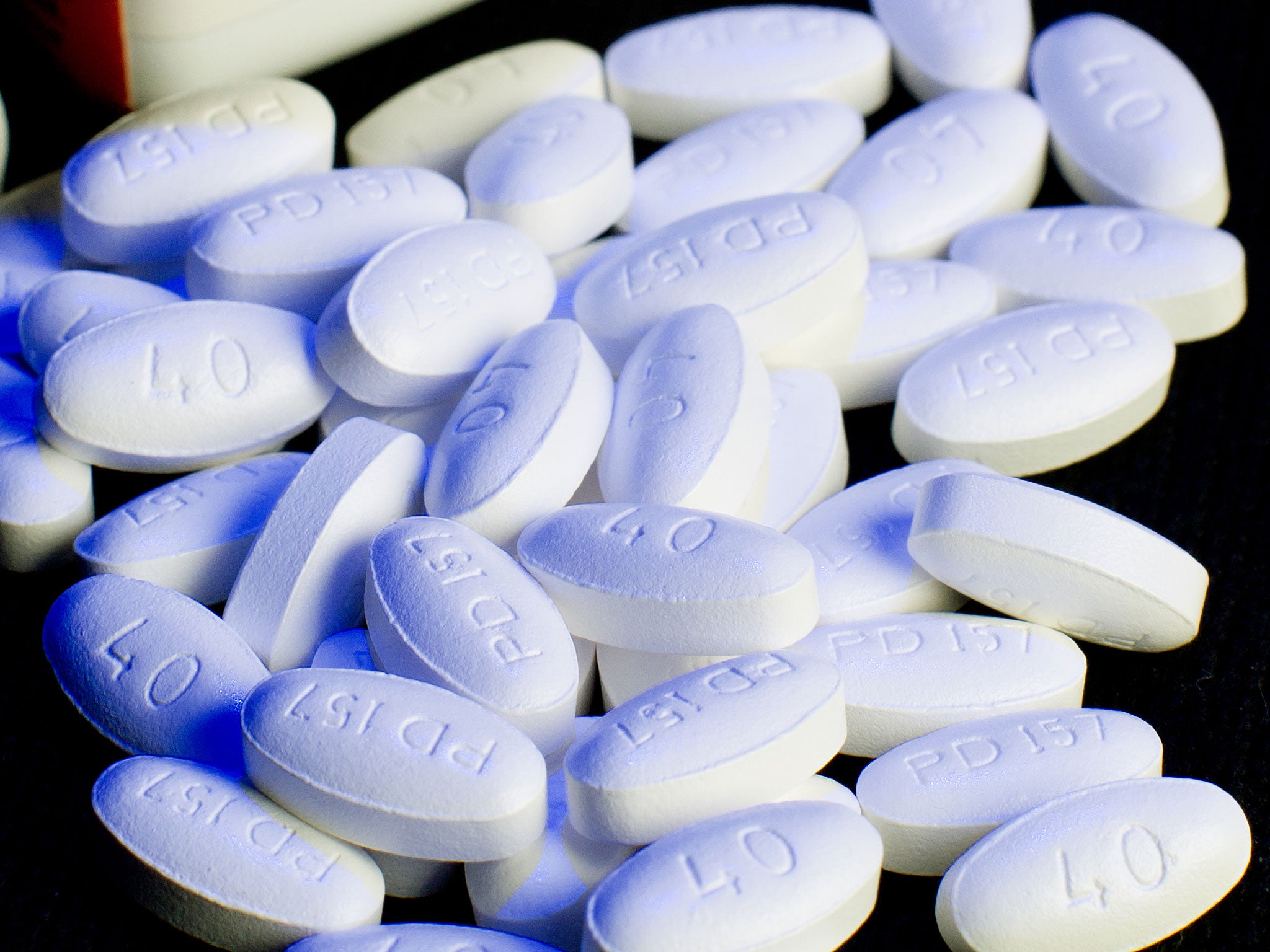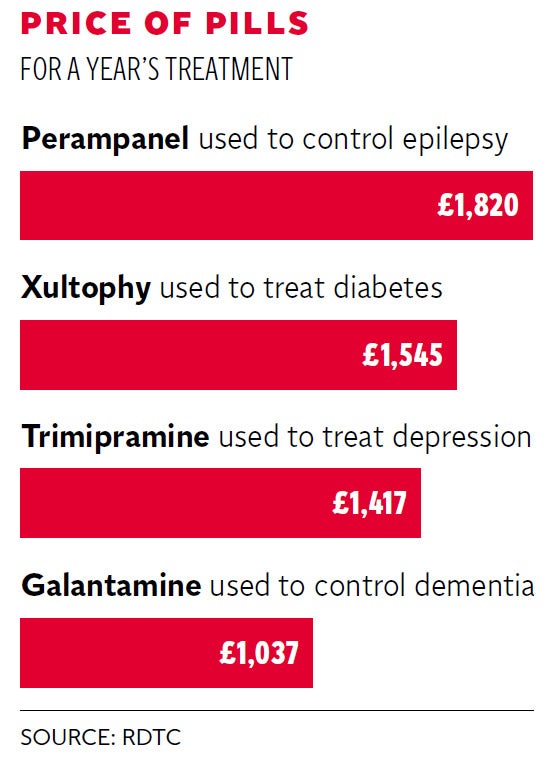Patients to be told price of prescribed drugs in bid to save NHS £300m
It follows a study, commissioned by the Government, which found that wasted medicines cost the NHS £300m a year

Your support helps us to tell the story
From reproductive rights to climate change to Big Tech, The Independent is on the ground when the story is developing. Whether it's investigating the financials of Elon Musk's pro-Trump PAC or producing our latest documentary, 'The A Word', which shines a light on the American women fighting for reproductive rights, we know how important it is to parse out the facts from the messaging.
At such a critical moment in US history, we need reporters on the ground. Your donation allows us to keep sending journalists to speak to both sides of the story.
The Independent is trusted by Americans across the entire political spectrum. And unlike many other quality news outlets, we choose not to lock Americans out of our reporting and analysis with paywalls. We believe quality journalism should be available to everyone, paid for by those who can afford it.
Your support makes all the difference.Patients will be told the price of every drug they are prescribed that costs the NHS more than £20 in a scheme to help reduce waste and encourage patients to complete courses of medicine.
Under the plans, drug packets will be marked with a label stating that they have been “funded by the UK taxpayer” along with the total price that the prescription costs the health service.
The move aims to give patients a more accurate picture of the costs of illness to the NHS and encourage people to take responsibility for their health.
It follows a study, commissioned by the Government, which found that wasted medicines cost the NHS £300m a year.

This represents around £1 in every £25 spent on drugs in primary care and 0.3 per cent of total NHS outlays. The figure includes around £9m worth of unused prescription medicines that are left in people’s homes, £110m returned to community pharmacies over the course of a year, and £50m worth of NHS supplied medicines disposed of unused by care homes.
Officials believe the new labelling will help to reduce this waste by reminding people of the cost of medicine, but also, crucially, improve patients’ likelihood to stick to drug regimes. The Chief Medical Officer, Dame Sally Davies, has been warning about the “catastrophic threat” to modern medicine posed by antibiotic resistance caused by patients who not finish their courses.
In a speech, Health Secretary Jeremy Hunt said the savings would be nearly £1bn and that could be used for more treatments or the latest drugs. “There is no such thing as a free health service: everything we are proud of in the NHS is funded by taxpayers and every penny we waste costs patients more through higher taxes or reduced services.”
Rob Webster, the chief executive of the NHS Confederation, that represents health service managers, welcomed the initiative. “It is refreshing to see a genuine focus from the Secretary of State on prevention, public health and changing the relationship between people and services.”
Join our commenting forum
Join thought-provoking conversations, follow other Independent readers and see their replies
Comments